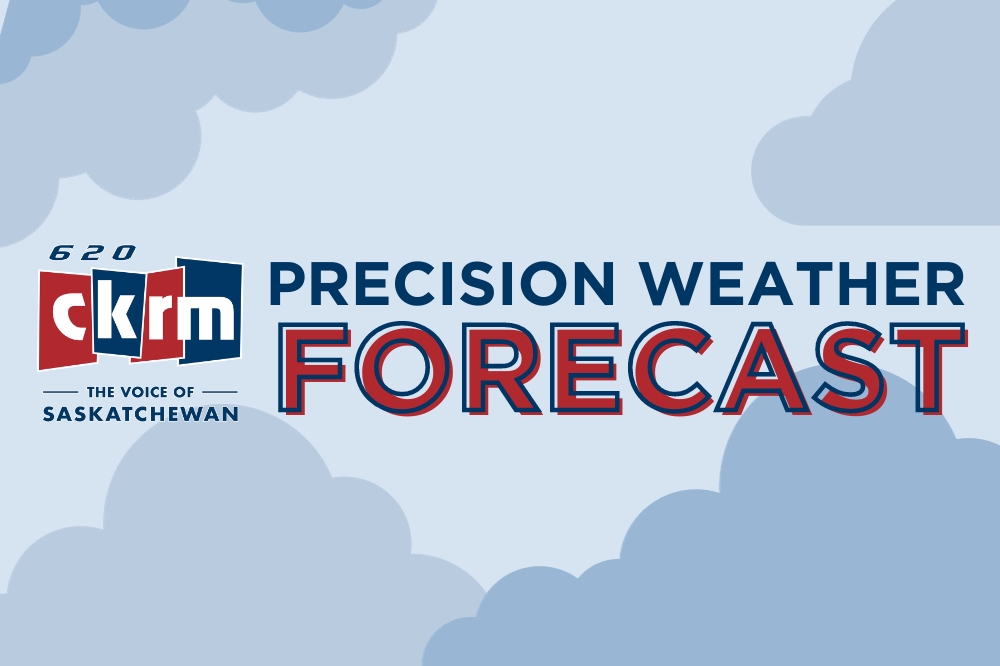The Canadian agriculture community is processing the outcome of Tuesday’s U.S. Presidential Election and what the change in administration means to them for the next four years.
Republican candidate Donald Trump secured the 270 electoral votes necessary to win the Presidency over Democrat candidate and Vice-President Kamala Harris. As of Wednesday night, Trump has 295 electoral votes while Harris has 226.
“A seemingly clear cut victory at least spares us a whole lot of fighting and finger pointing about election results and potential election tampering or anything like that,” said Kevin Hursh, Chief Agricultural Editor of SaskAgToday.com of the outcome that was different compared to predictions of a much closer result going into Tuesday.
“In one sense, it’s nice to get some clarity as to who the new administration is going to be and what the U.S. federal government will look like over the course of the next four years,” noted Tyler Fulton, Vince President of the Canadian Cattle Association.
“Thinking of some of the things that Trump talked about and the Republican Party and their policies, I think there’s going to be some consequences, not that there would have been consequences if Harris would have won, but there’s consequences that maybe more drastic than we have been looking at in the past,” explained Lynn Jacobson, President of the Alberta Federation of Agriculture.
One of the main concerns from farm groups is whether Trump would follow through on a campaign promise to implement a widespread 10 per cent tariff.
“Most economists say it’s a very strange strategy as the American people will end up paying extra cost for everything that’s imported. Some economists say that will cause inflation to spike, it’ll hurt the economy, it’ll hurt the world economy, but I guess we’ll see how it plays out.” Hursh said.
Jacobson says the tariffs may not have an immediate affect but they could make an impact in the next year or so. “I think we can confidently say there’s going to be higher prices as we go forward; it’s going to directly affect some of the prices on some of the goods that we actually use and even could have an effect on our market values of some of the goods we sell. I think there’s going to be higher inflation as we go forward, basically because of the tariff promise.” Jacobson added.
Another concern is how the U.S. led by Trump would approach the pending review of the Canada-United States-Mexico trade agreement, which is set to take place in 2026.
Hursh said there are other factors to consider such as Bill C-282, a private members bill currently in the Senate that would remove Canada’s supply managed sector from any trade talks, and the potential for a change in government in next year’s federal election in Canada. He said if C-282 receives royal assent, having supply management exempt from negotiations “is like waving a red flag in front of a bull that with this administration, would be an even bigger mistake.” Hursh also believes if there was a change in Canadian government, they wouldn’t fare much better negotiating with a Trump administration. “Whomever is the next Prime Minister will certainly have to deal with Donald Trump and from past experience, a very difficult character to try to negotiate with.” he added.
Jacobson is also concerned about Trump targeting supply management again, like the last time CUSMA, also known previously as the North American Free Trade Agreement (NAFTA), was negotiated between the three North American countries.
Fulton said when members of the organization met with U.S. lawmakers two weeks ago, the latter made it “abundantly clear”, they intend on re-negotiating CUSMA. Fulton also mentioned Bill C-282 and how it’s crucial the bill doesn’t get passed before the time comes to re-negotiate the trade deal. “Anything that kind of binds the hands of trade negotiators to work through those agreements and that review process is a problem. We need them to be able to generate these really high quality trade agreements that we benefited from in the past.”
Fulton believes the long-time trade relationship between Canada and the U.S., especially in the context of beef trade, is “the largest two-way trade in beef and live cattle in the world and its driven by this highly-integrated market.”
“While there’s uncertainty, I also think that we can lean on those long-standing relationships that have kind of proven through the test of time.” Fulton added.








